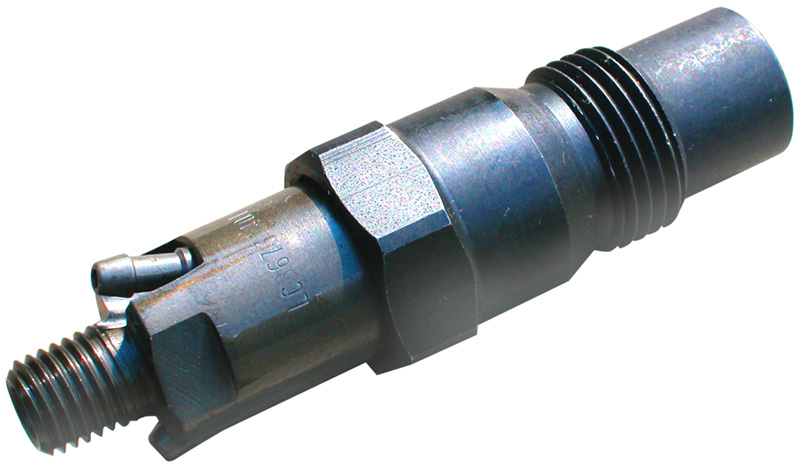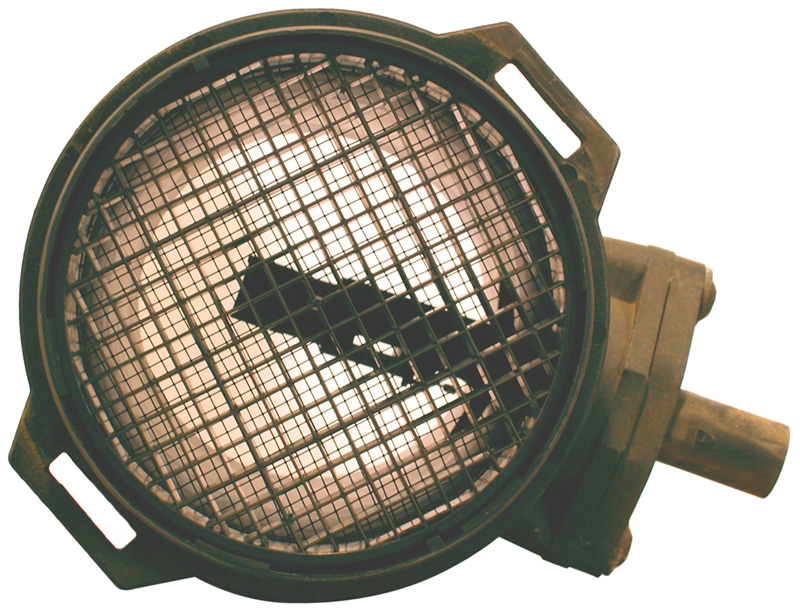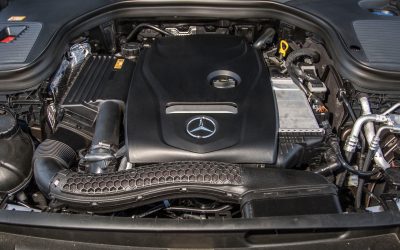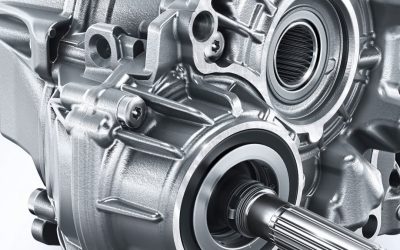 Diesel Injectors
Diesel Injectors
The fuel system parts of a Diesel engine tend to last a long time, partly because they’re so robust and partly because they literally run in clean, new oil all the time. Several dealership parts departments told me they don’t stock injection pumps because they’re such slow movers; one said they’d never sold one. Injectors, however, do require replacement sometimes. Since their tip is exposed to the thermal and chemical stress of the combustion chamber, it can sustain accelerated wear or corrosion if something goes wrong in there. For an injector to fail one of two things happen: It doesn’t spray when or where it should or it sprays when or where it shouldn’t. If it plugs up with debris or deposits or if the same causes make the pattern change and the atomization fail, the fuel will not enter the prechamber in either the quantity or the configuration required for proper burning. If there is wear at the tip, preventing it from sealing against the residual hydraulic fuel pressure, or if something lodges it open or damages the spring, it can dribble fuel. That makes the beginning of delivery for combustion inaccurate and dilutes the lubricating oil with fuel.
Anytime you remove an injector either for inspection or replacement, it is a good idea to replace the inexpensive heat shield at the bottom of the bore. The heat shield works in part by the spring force it applies to the injector and the prechamber surface, and the amount of this force determines in part how much heat it can carry away from the business end of the injector. It’s also usually easier to replace the bypass hoses than to refurbish the old ones.
 MAF Sensor
MAF Sensor
The mass-airflow sensor is the most accurate device to date to track the exact amount of air ingested into an engine. It works, as you know by tracking the change of temperature and thus the resistance and current in a special element in the center of the sensor. With no moving parts and nothing exposed that can corrode, these should last forever in principle. However they are subject to contamination if deposits or small objects collect on the sensor wire, materials that are not removed during the burn-off cycle after the engine shuts down. Sometimes these deposits are from fuel condensed on the wire later, particularly when someone most frequently uses the car for very short trips, never allowing the engine to reach and sustain operating temperatures. Sometimes they come from particles that break loose from the inside of the air filter and lodge where they can slow the air blowing over the sensor. Sometimes the air filter has a crack in it or the owner drives with the air filter removed.
It’s nearly impossible to clean the sensor without destroying it, so the sensor needs replaced. While you’re at it, a new air filter is an excellent piece of mechanical insurance to add.






0 Comments